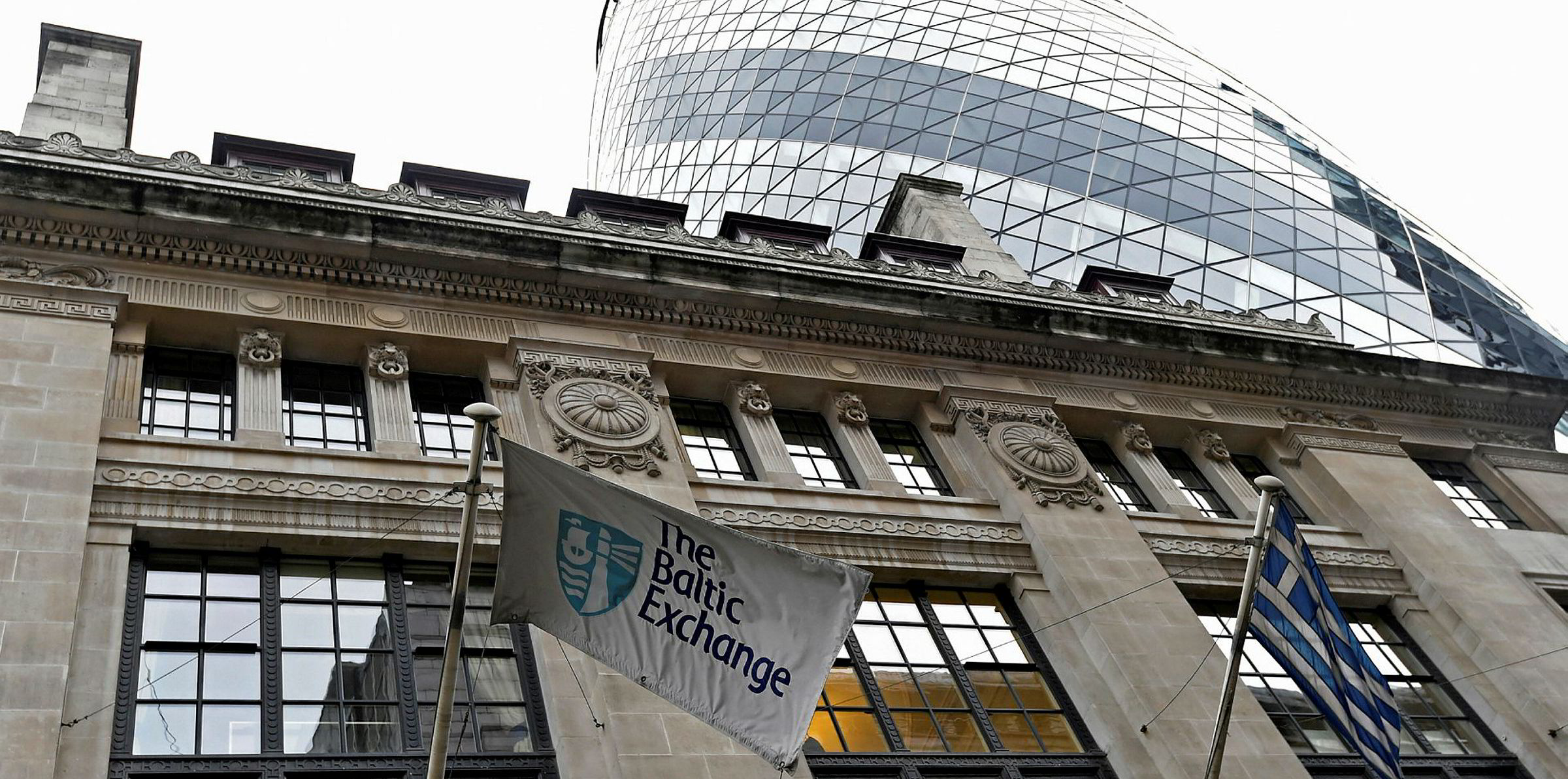Singapore’s Baltic Exchange has proven good to its word and published a draft of its new Baltic Code of ethical conduct after a thorough review and redrafting.
Sceptics of the effectiveness of the Baltic’s code over the years may grumble that is was pushed out for feedback from members in the dog days of summer when half of the market is on a sun-lounger, while the other half probably doesn’t care.
Nevertheless, from the information the Baltic has released, it is clear there is a credible attempt to craft a practical and effective new code to protect and enhance the business practices of those who trade in the freight market.
Perhaps contrary to expectation, the Baltic Code is a comparatively recent creation.
Although the Baltic and its motto “Our Word Our Bond” dates back to 1755, and rules for the physical freight market were devised in 1823, the Baltic Code itself was only first introduced in 1983.
Guide reissued
It was substantially revised in 2012 and then updated and corrected in 2014.
Contained in a 48-page glossy booklet, the old code feels like a substantial document.
However, on closer inspection, the actual "Baltic Code of Ethics and Market Practice" only covers two of those pages, the remainder being an introduction to the Baltic Exchange and modern shipping practices.
It laid down nine “basic principles” of ethical business practices and 11 “unacceptable practices” which risked censure, suspension or expulsion from Baltic membership.
Despite the warnings that disputes would be investigated by Baltic directors and members who were found to have breached rules would be disciplined, it remains murky as to how many, if any, were ever sanctioned.
Details of the disciplinary process were never laid out and few in the market could recall any notable sanctions being imposed.
It should be welcomed by the freight market that the new code is more comprehensive, more relevant to today’s trading and regulatory environment, and clearer in its use of language.
The Baltic says it has aimed to develop a set of principles and good practices that apply not only to its members, but also to any physical freight market and freight derivatives market participants.
Law firm assistance
With the assistance of law firm Norton Rose Fulbright, the code has been built around five elements: market integrity; fairness and competition; ethical business practices; good market conduct; and robust and credible benchmarks.
The draft document now stretches to 17 pages of text, with comprehensive details of policies and examples of good and bad practices.

Among the specific targets of the new code is direct fixing of vessels between owners and charterers. While acknowledging such deals are lawful, the draft code argues they do not uphold the integrity of markets “and thus should be avoided”.
Adding to its credibility, the new code explicitly acknowledges that it does not impose any legally enforceable regulations on members, but serves as a complementary tool to ensure compliance with legally binding requirements laid down by the jurisdiction in which the member operates.
Without effective enforcement, any appeal for good ethical standards and business practices are merely warm words. At its most extreme, it risks leaving the code as a worthy but largely worthless document
Why then does the Baltic remain so coy about its disciplinary procedures and sanctions for those who it finds in breach of the code? The Baltic says they will be provided in appendices to the new code, which are still being drawn up with input from members.
Not to have published the details of disciplinary processes, along with the rest of the draft new code, is a missed opportunity.
Without effective enforcement, any appeal for good ethical standards and business practices are merely warm words. At its most extreme, it risks leaving the code as a worthy but largely worthless document.
It will be revealing to see the disciplinary procedures when they finally emerge. However, the Baltic should take the process a step further. It should commit to publishing the results of all disciplinary hearings and judgments since, without public exposure, the value of penalties is minimal.
For example, in the UK, lawyers, doctors and other professionals have hearing results published by their regulatory bodies such as the Solicitors’ Disciplinary Tribunal and the Medical Practitioners Tribunal Service. The same is true in many nations. Of course, those institutions have a legal responsibility to enforce rules.
While the Baltic, as a membership organisation, does not have the same legal powers, it should be bold in the projection of its own code. It should not flinch from the power of opening its processes to public scrutiny. That would be the most potent way of protecting and enhancing the ethical integrity of the freight markets as we approach the third decade of the 21st century.





